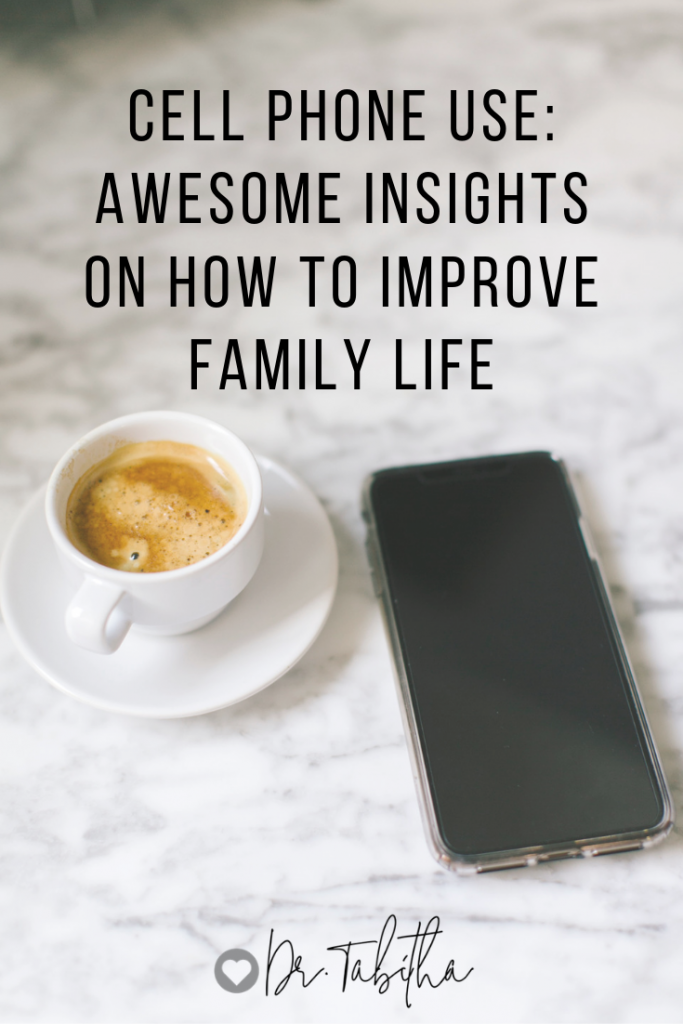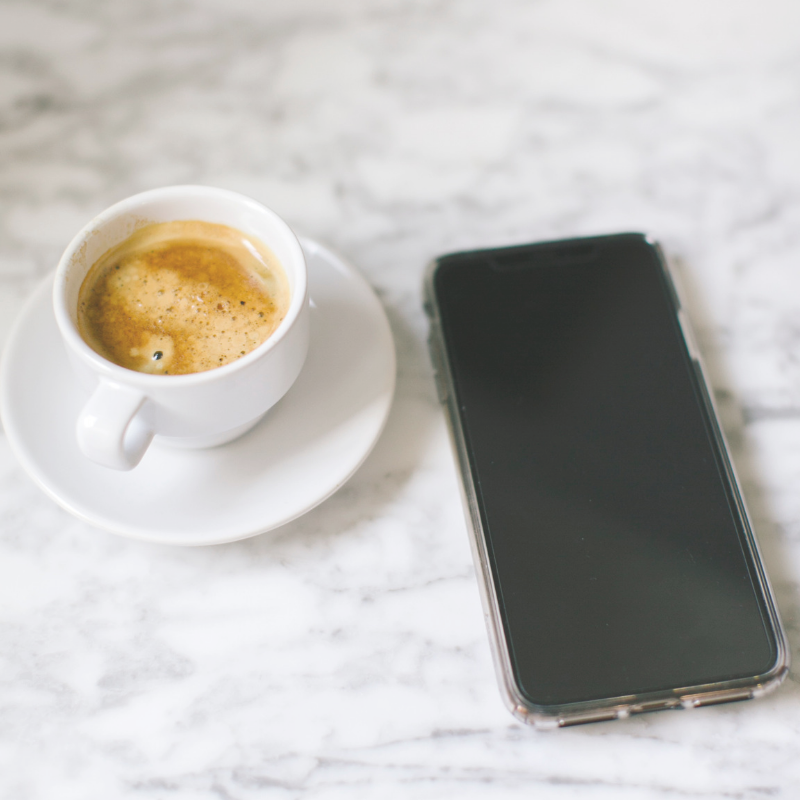
Cell phone use is part of everyone’s life, every day. The use of cell phones can improve your relationships or negatively impact your family life. Have you noticed your cell phone use doing both?
Cell Phone Use and Your Family Life
Cell phones can help your family life by adding to your connection with others, making it easy to plan activities as a group, keep in touch quickly and facilitate communication between family living afar. However, day to day use of cell phones has become a reason for many arguments and a platform for disconnection. According to this study, family members reported feeling frustrated when their loved ones were using the phone.
What kind of relationship distress does cell phone use cause?
- Frustration and boredom arise as activity is interrupted by the other one’s interest on their cell phone.
- For couples, the partner not using the cell phone feels excluded and ignored. It seems these feelings grow overtime turning into resentment towards the partner who uses the device more often.
- Parenting is also affected as the attention the child needs becomes delayed while the cell phone is prioritized.
- Children will often act out to get the attention of their parents who are distracted by their cell phone use.
- People also tend to avoid talking to their partner about this topic because it usually results in arguments.
When is it appropriate to use your phone?
Family members made two exceptions when they categorized the use of the phone as appropriate. First, when it is used for the benefit of the whole group. For example, when a person is using the phone to get some information about the topic of the conversation. Perhaps they are determining the distance between two places or looking for a restaurant in the area. The second case is when the use of the phone is due to an emergency situation and it really can’t wait.
In both cases, there was an understanding that the use of the phone was necessary or helpful and there weren’t any negative feelings associated. However, as cellphones are an individual and somewhat private device, family members usually don’t know when the person is engaging in a time sensitive matter and when they’re just zoning out. Family members in the study typically had the tendency to judge the situation as something that could be done at a later time, evoking feelings of frustration, annoyance, and disconnection.
Here are some strategies to handle these issues with cell phone use:
Moderation
Minimizing the time and the amount of phone interaction when spending time with the family is helpful. You can adjust your status on social media to unavailable, busy, or invisible. You can put your cell phone on do not disturb or leave it in another room. This can decrease the pressure to respond quickly.
Sharing
Other people should let family members know what they are doing on the phone. An example might be, “Let me just text Jane back about the event next week and then I’ll be ready to leave.” You can also share what you are reading about on your phone – a bonus to this is that it can prompt discussion between the two of you.
Reducing Accessibility
Leaving the device in a place where makes it more difficult to use it was another strategy. Putting the cell phone away makes it easier to avoid the temptation to look at it.
Set Up Rules
Meet with your family members and agree on set times where cell phones shouldn’t be used. This may include during meals or when having family conversations.
Nowadays, it seems all of us are on our phones or online far too much. It affects our family life by making us appear more disconnected. Monitor your cell phone use by being more aware of how it impacts your family life. Commit to making changes to be more present. What tricks does your family use to limit cell phone use and be more present?






Leave a Reply
Your email is safe with us.